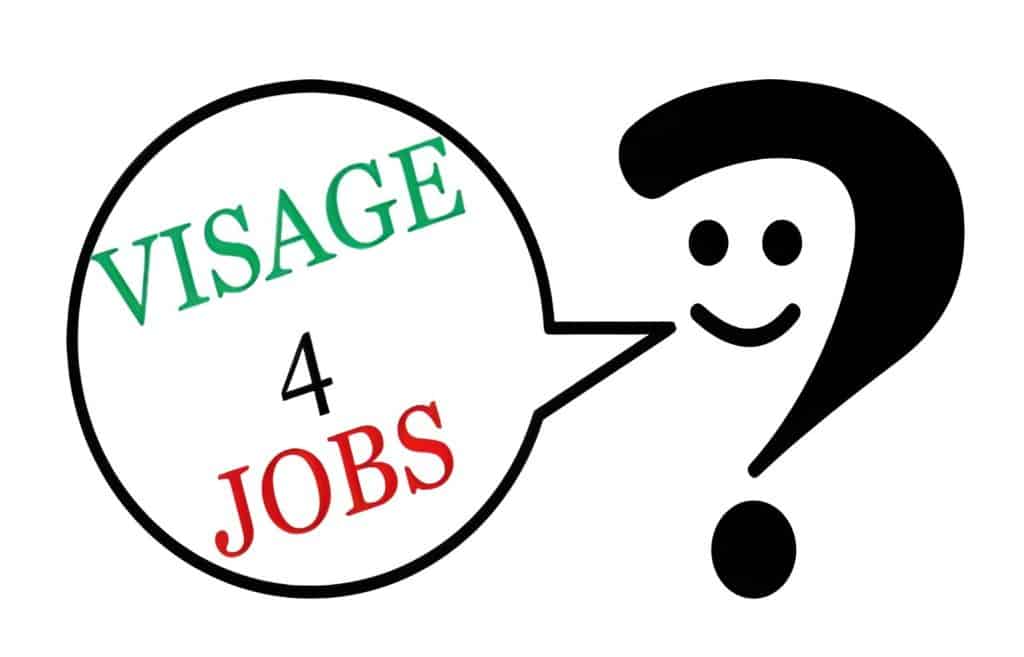- Small-Scale Partnership Project
- School Education Sector
- Duration: 24 months (01/03/2022 – 29/02/2024)
- Funded by the European Union’s Erasmus+ Programme
CONCEPT
Youth facing limited opportunities in the labor market, including minorities, Roma, refugees, as well as students with learning difficulties and special educational needs, are the most disadvantaged groups when it comes to employment. According to the EU Commission’s assessment in their 2020 report “The Youth Guarantee Country by Country ” there are disparities in labor market integration among different population groups and regions. Recent positive economic developments have not benefited the entire population equally, with 15.4% of the low-skilled workforce still unemployed.
Vulnerable groups experience low levels of integration into the labor market. Young people aged 16-24, Roma, and those living in rural areas face higher levels of inactivity. The unemployment rate among Roma is 55%, rising to 65% for young Roma aged 16-24. Additionally, in 2020, the NEET (Not in Education, Employment, or Training) rate for young people aged 15-24 was 15.0%, well above the EU rate of 10.5%. In Turkey (Trade Economy 2021), statistics show a 22.80% unemployment rate for youth with limited opportunities, such as refugees, women, and students with disabilities, which has been further exacerbated by the COVID-19 pandemic.
OBJECTIVES
Our main objectives are:
- To drive change in labor market participation and reduce unemployment among marginalized youth. Enhancing employability is crucial to address reported skills shortages and mismatches that pose a threat to sustained economic growth in Bulgaria and Turkey.
- To equip students with the necessary skills to project a positive physical and verbal image, improve verbal and non-verbal communication, handle challenging questions during job interviews, prepare their CV and cover letter in digital formats, and identify effective job search channels. This will promote greater independence in career inclusion.
- To contribute to sustainable development goals by providing job preparation skills development, particularly for students with limited opportunities, in an accessible and engaging manner, with a focus on reducing poverty and exclusion.
- To develop a tailored pre-employment support toolkit based on the identified needs of students (following the Carl Rogers model), specifically addressing pre-employment preparation for those with limited opportunities in the final grades of their education.
- To provide career support that maximizes labor market engagement and works towards removing unemployed individuals from incapacity benefits and state support, enabling full workplace inclusion and advancement.
- To enhance the skills of teachers and pedagogical counselors in adopting an individualized approach to competency development, fostering motivation, active citizenship, and participation in the labor market.

